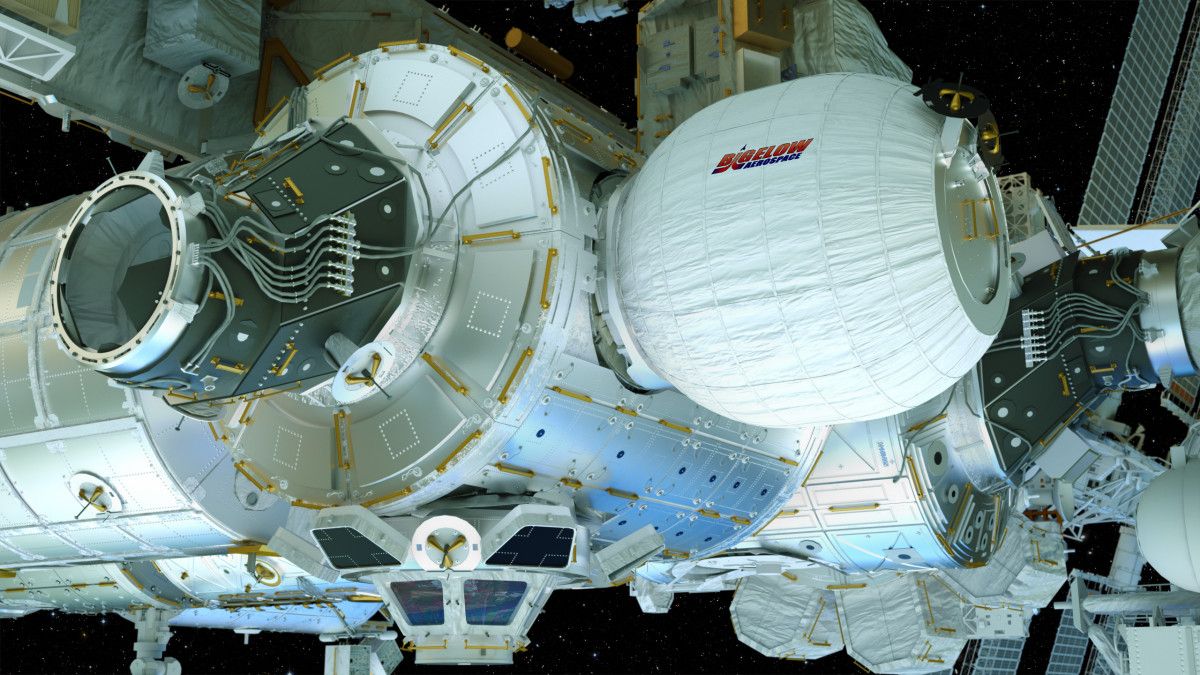A Killer Idea: Licensing an innovation back to the original innovator
The innovation of inflatable space station modules, now being developed by Bigelow Aerospace as the basis of a commercial space station, has a strange history. The concept was actually developed by NASA as part of a project called Transhab, which contemplated attaching inflatable modules to what wou

The innovation of inflatable space station modules, now being developed by Bigelow Aerospace as the basis of a commercial space station, has a strange history. The concept was actually developed by NASA as part of a project called Transhab, which contemplated attaching inflatable modules to what would later become the International Space Station. But Congress nixed the idea and NASA struck a licensing agreement with Robert Bigelow, a Nevada hotel magnate who is interested in commercial space projects.
The idea behind inflatable modules is that they can be folded up inside a rocket and launched to low Earth orbit and then pumped full of air to deploy them. Thus much larger structures can be constructed in space far quicker and cheaper than otherwise would be the case. Bigelow has already tested the concept with Genesis 1 and Genesis 2 modules that were launched into space aboard a Dnepr rocket.
The next step for Bigelow, ironically, is to provide an inflatable module for the International Space Station. NASA and her space station partners get extra storage space and Bigelow gets to further test its inflatable module technology.
Eventually Bigelow wants to market commercial space stations to customers, such as governments and large corporations. These could be configured to any purpose desired, from a microgravity manufacturing facility to an orbital lab to even a hotel/resort. Ironically one of those customers may be NASA. When the operational life of the International Space Station comes to an end, in 2020 or 2024, the desirability of a microgravity lab will not go away with it.
The killer idea? Bigelow is working to lease a space station to NASA, which decades before entered a licensing agreement to transfer the technology to Bigelow.




